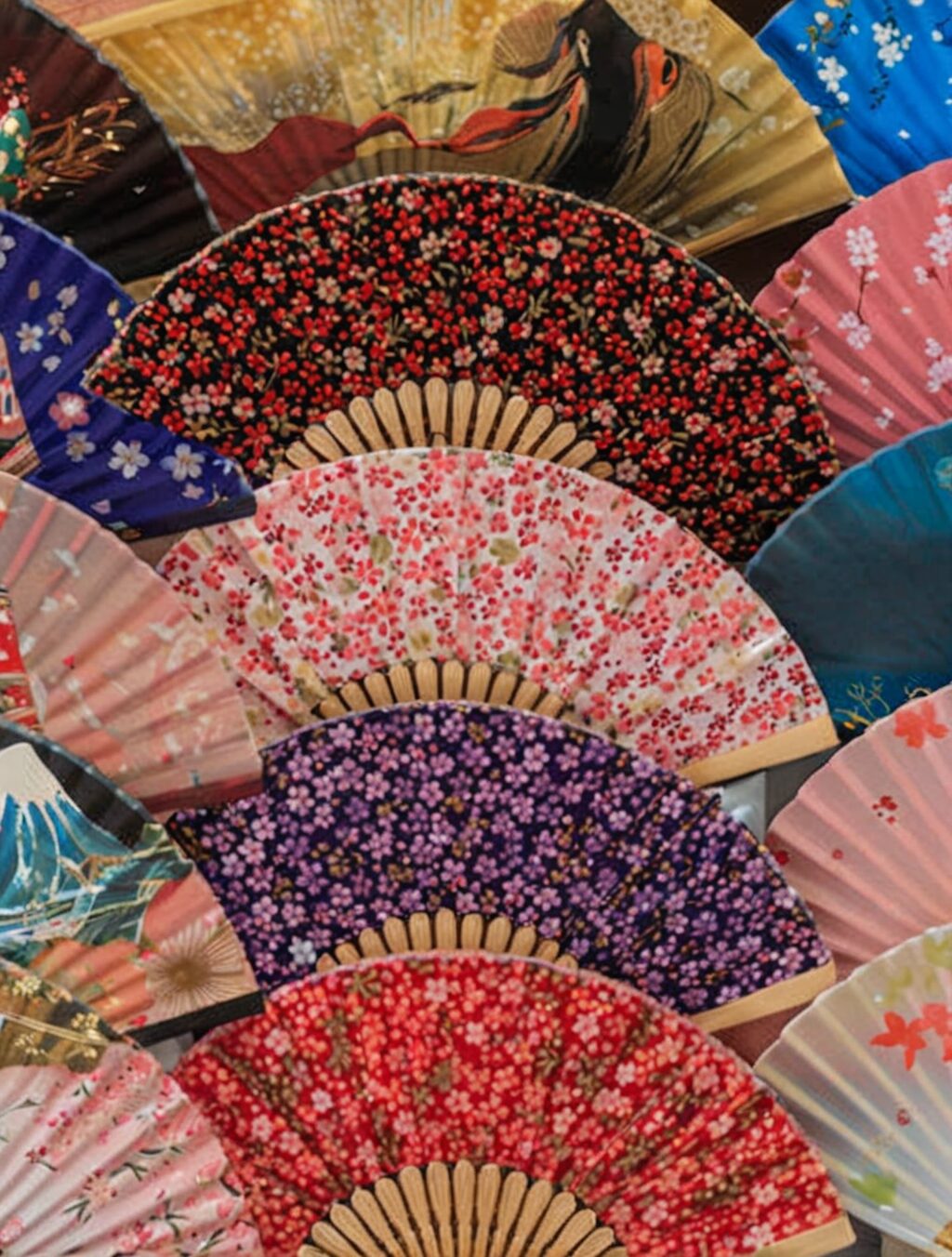
Consolidated Gifts Japanese: The Ultimate Guide to Thoughtful Gifting
When it comes to gift-giving, the Japanese have a knack for making it an art form. Their tradition of omotenashi, or heartfelt hospitality, extends to every aspect of gifting, from the thoughtful selection of the present to the elegant way it’s presented.
In this guide, we’ll dive into the world of consolidated gifts Japanese, exploring the cultural nuances, etiquette, and must-know tips for giving gifts that leave a lasting impression. Whether you’re shopping for a business associate, friend, or loved one, we’ve got you covered.
Cultural Significance of Giving Gifts in Japan
- Expressing Gratitude: Gifts are a way to show appreciation for kindness, support, or favors received.
- Strengthening Relationships: Exchanging gifts helps build and maintain strong bonds, both personal and professional.
- Bringing Good Fortune: Certain gifts are believed to bring good luck or prosperity to the recipient.
Etiquette and Dos and Don’ts
- Choose Thoughtfully: Consider the recipient’s interests, hobbies, and relationship with you.
- Wrap it Right: Presentation is key! Use high-quality paper and decorative ribbons.
- Present with Both Hands: Show respect by offering the gift with both hands, palms facing up.
- Avoid Certain Items: Sharp objects, handkerchiefs, and anything associated with death are considered taboo gifts.
Must-Know Tips for Giving Consolidated Gifts Japanese
- Consider Seasonality: Gifts should align with the time of year or occasion, such as cherry blossom-themed items in spring.
- Respect the Hierarchy: In business settings, gifts should be given in order of seniority.
- Personalize it: A handwritten note or small token of appreciation can make a gift even more special.
FAQs
Q: What are some popular consolidated gifts Japanese?
A: Traditional crafts (e.g., teacups, ceramics), premium food items (e.g., wagashi, matcha), and seasonal specialties (e.g., cherry blossom-themed treats).
Q: Is it okay to give money as a gift?
A: While not usually preferred, money can be given in special circumstances, such as weddings or funerals.
Conclusion
Mastering the art of consolidated gifts Japanese is not just about giving presents; it’s about expressing appreciation, strengthening bonds, and bringing joy to the recipient. By embracing the cultural nuances and following the etiquette, you can give gifts that leave a truly lasting impression.
consolidated gifts japanese






